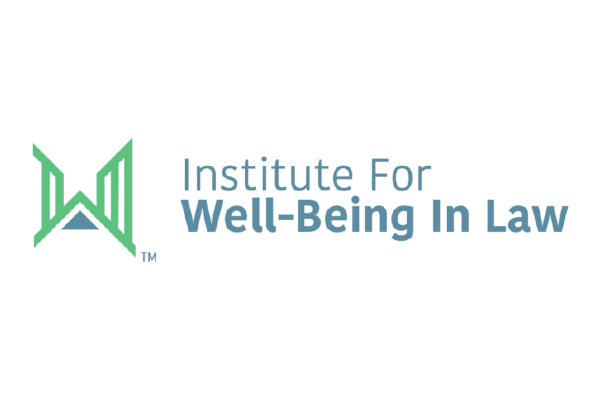The Institute for Well-Being in Law is conducting a survey to better understand burnout and what contributes to it in the legal profession.
While research in recent years has confirmed elevated rates of problematic alcohol use and symptoms of depression and anxiety in the legal profession, the non-medical condition of burnout is just now getting a closer look. IWIL, formerly the National Task Force on Lawyer Well-Being — the entity that published The Path to Lawyer Well-Being: Practical Recommendations for Positive Change in 2017 — now a 501(c)(3) charitable organization, is working with Claremont Graduate University to better understand what promotes and undermines the psychological health of lawyers and their support staff and make recommendations for enhancing employee well-being based on the data gathered.
The study is anonymous, targeting all lawyers and support staff. The purpose of the survey is to (1) investigate the frequency and severity of burnout among surveyed members of the legal profession and (2) identify correlates of burnout that legal employers can address to curb the risk of burnout. Questions will ask, for example, how you feel when you are at work, your mood recently, and perceptions of your organization. Completing this questionnaire will take about 10 minutes.
PARTICIPATE HERE. The survey closes on April 16, 2021.
Save the dates for Well-Being Week in Law: May 3 – 7! IWIL intends to have results ready to distribute by Well-Being Week in Law (WWIL), a national week of awareness and activity. We’ll be sure to share the news on our blog.
Related Resources:
Practicing Self-Care: Tips for Lawyers & Law Students to Avoid Burnout (LCL MA Blog, 2019)
Only Your Boss Can Cure Your Burnout (The Atlantic, 2021)
To Prevent Burnout, Hire Better Bosses (Harvard Business Review, 2019)
When Burnout Is a Sign You Should Leave Your Job (Harvard Business Review, 2018)
Big Law’s Bonus Spree Fails to Curtail Risk of Associate Burnout (Bloomberg Law, 2021)
Free & Confidential Consultations:
Lawyers, law students, and judges in Massachusetts can discuss concerns with a licensed therapist, law practice advisor, or both. Find more on scheduling here.




